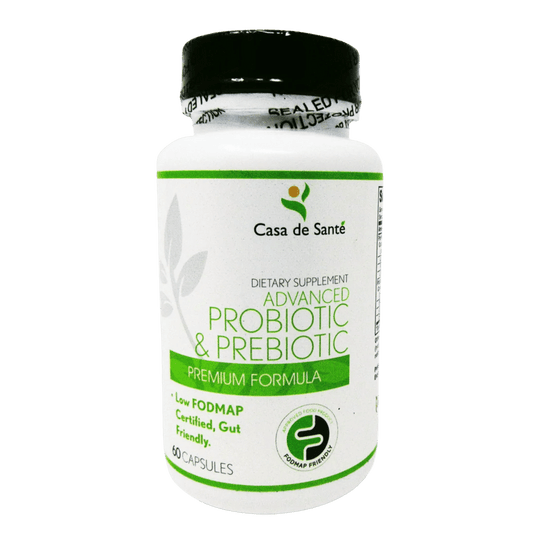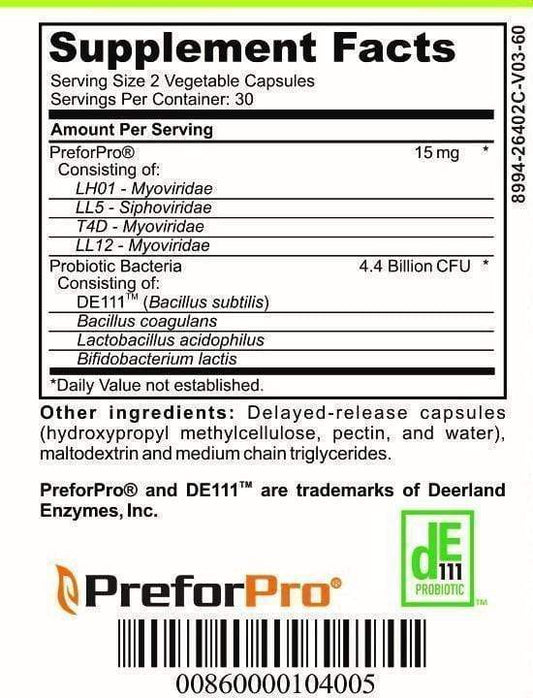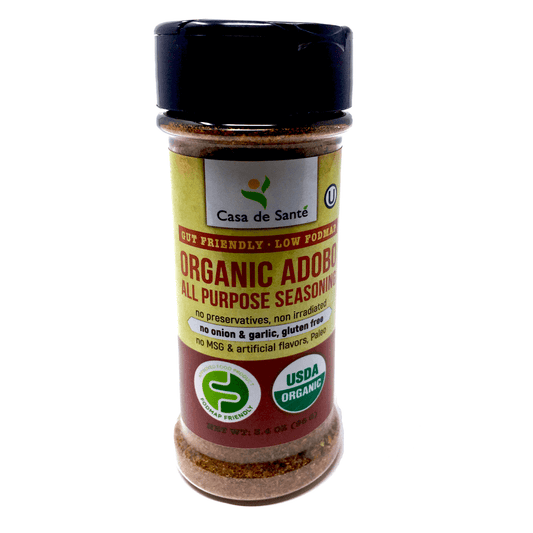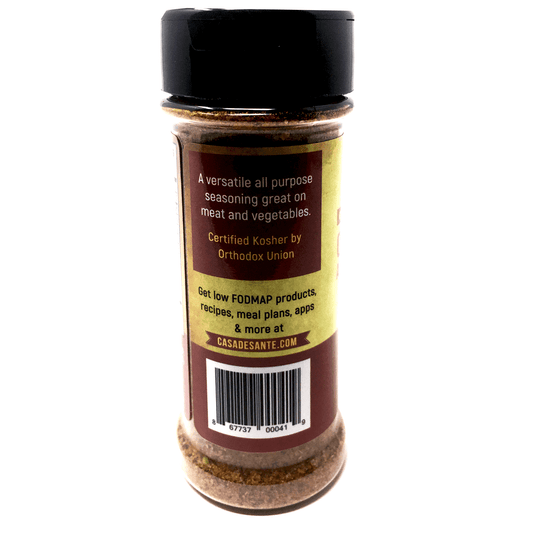
When it comes to gut health, you may hear a lot about reducing inflammation. Research says that if the gut is imbalanced, then inflammation ensues and can increase your risk of various chronic inflammatory conditions. Inflammatory conditions such as inflammatory bowel disease (IBD) can negatively impact quality of life. Some symptoms of IBD can be controlled by diet. Let’s learn about how the lectin-free diet and avoiding FODMAPs can improve gut health for some people.
About lectins
Lectins are a type of protein found in foods such as beans, legumes, whole grains, and certain vegetables. Although lectins are a form of defense in plants against insects, they can wreak havoc on the digestive system of humans, especially in their uncooked form.
Cooking methods such as boiling and pressure cooking (not slow cooking) with moist heat can help reduce the amount of lectins in such foods. However, some experts suggest that any amount of lectins in the diet can cause inflammation in the body. Therefore, a lectin-free diet is recommended to reduce risk of inflammatory conditions and improve digestive health.
Lectin-free diet guidelines
By avoiding lectin in the diet, it’s thought that inflammation can be reduced in the body. The following foods should be focused on when consuming a lectin-free diet.
- Pasture-raised meats
- Cooked sweet potatoes
- Leafy green vegetables
- Cruciferous vegetables like broccoli and Brussels sprouts
- Asparagus
- Garlic and onion
- Celery
- Mushrooms
- Avocado
- Olives
- Extra virgin olive oil
The lectin-free diet guidelines recommend that you avoid legumes, squash, nightshade vegetables like eggplant, peppers, tomatoes, and potatoes. Also, fruit, wheat flour (unrefined), corn, and meat from corn-fed animals should be avoided. And when it comes to milk, it’s thought that A2 milk is easier to digest so any other cow’s milk should be avoided.
Lectin-free diet research
The primary research that has been done on lectin-free diets and health has been done on animals and in test tubes. Therefore, until further studies have been done, it’s best not to avoid heart-healthy, plant-based foods unless they actually cause symptoms that are reducing your quality of life.
FODMAP basics
If you don’t feel that the lectin-free diet is right for you, or if you want to enhance the effects of the lectin-free diet, then you can also avoid FODMAPs. This is because recent research shows that following a low FODMAP diet can improve long-term quality of life and reduce digestive symptoms in those with conditions like irritable bowel syndrome (IBS). The low FODMAP limits foods and drinks that contain compounds such as:
- Lactose, or milk sugar, found in animal milk and milk products.
- Fructose, or fruit sugar as well as processed forms of this sugar like high fructose corn syrup. Also, fruits that are high in fructose like apples, watermelon, cherries, blackberries, pears, and peaches should be avoided on the low FODMAP diet.
- Sugar alcohols like xylitol, mannitol, erythritol, and sorbitol, commonly found in sugar-free processed foods and drinks, as well as sugar-free gum.
- Plant-based foods such as garlic, onion, asparagus, Brussels sprouts, legumes, as well as nuts like cashews and pistachios, and limited amounts of almonds.
- Grains such as wheat and rye.
Typically, the diet would be followed strictly for two to eight weeks. After that time, foods would slowly be added in to help identify which are the major trigger foods.
Take home message
There are many different diets out there that claim to improve digestive health. The lectin-free diet claims to reduce inflammation in the body, but for those who benefit from a low FODMAP diet, some lectin-free foods may still be high in FODMAPs and could trigger digestive symptoms.
Therefore, if one diet regimen doesn’t work for you, it may be best to take tips from different digestive diet plans to customize an eating plan that works best for you. It may be helpful to see a registered dietitian who specializes in digestive health to help you do this. For more information in gut health and the low FODMAP diet, be sure to visit the Casa de Sante website.
























